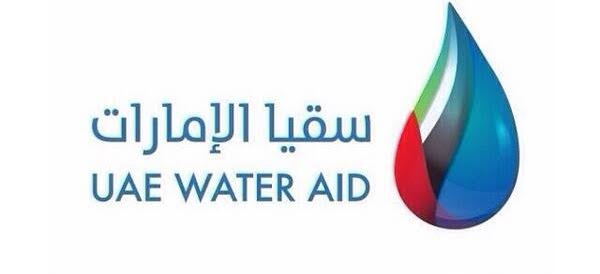
HH Sheikh Maktoum bin Mohammed bin Rashid Al Maktoum Honours 10 Winners from 8 Countries at Mohammed bin Rashid Al Maktoum Global Water Award
HH Sheikh Maktoum bin Mohammed bin Rashid Al Maktoum, Deputy Ruler of Dubai, honoured 10 winners from 8 countries at the Mohammed bin Rashid Al Maktoum Global Award, which is worth USD 1 million. Also present was HH Mansoor bin Mohammed bin Rashid Al Maktoum. The Award was launched by HH Sheikh Mohammed bin Rashid Al Maktoum, Vice President and Prime Minister of the UAE and Ruler of Dubai, to encourage research centres, individuals and innovators from around the world to find innovative and sustainable solutions for clean-water scarcity around the world, using solar power. The award is overseen by the UAE Water Aid Foundation (Suqia), under the umbrella of the Mohammed bin Rashid Al Maktoum Global Initiatives. It has three main categories: Innovative Projects Award, Innovative Research and Development Award, and the Innovative Youth Award.
The first place in the Innovative Research and Development Award – National Institutions category, was jointly-shared by Khalifa University for a dual-disinfection-modified biosand filter, coupled with a solar pasteuriser system, and Masdar Institute at Khalifa University for a solar desalination process using a perforated black fabric under a solar collector.
The first place in the Innovative Research and Development Award - International Institutions category, went to the Netherlands Organization for Applied Scientific Research (TNO), in cooperation with the Qatar General Electricity and Water Corporation (KAHRAMAA), for a solar-powered desalination technology based on TNO’s high-efficiency membrane distillation concept.
The first place in the Innovative Projects Award went to the Elemental Water Makers from the Netherlands, for a solar-powered Reverse Osmosis (RO) plant to produce drinking water.
Dr Marta Vivar from Spain won the Innovative Youth Award for a hybrid solar photovoltaic-photochemical system for water disinfection and electricity generation.
Al Tayer noted that hundreds of millions of children won’t have access to clean water in the future, and that girls now spend 200 million hours a day collecting water, which affects their education, according to UNICEF.



























